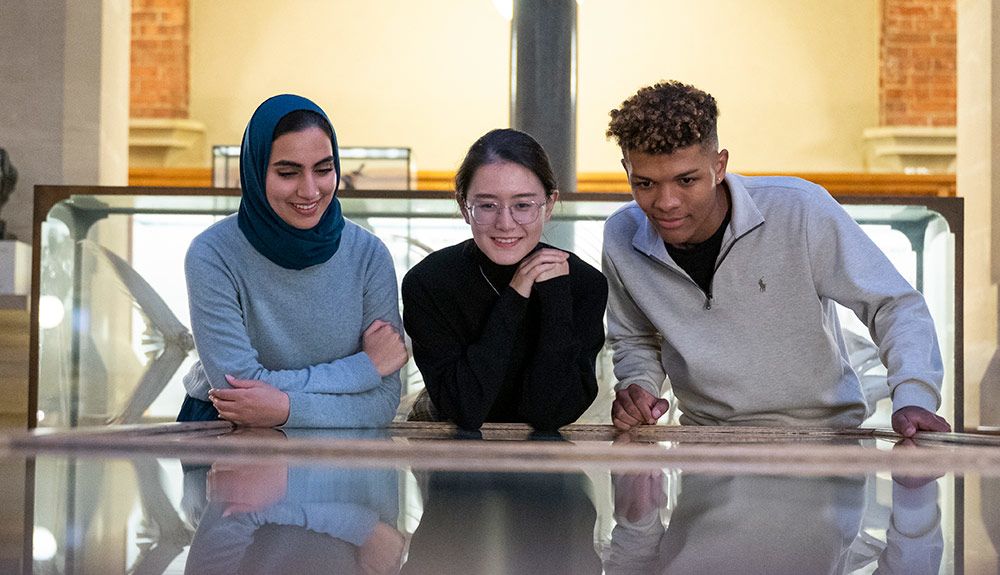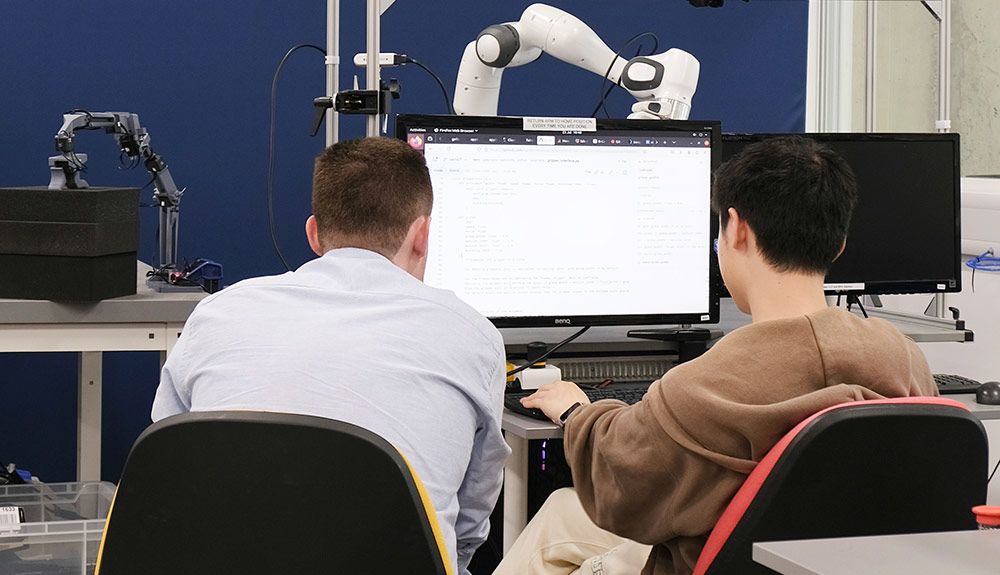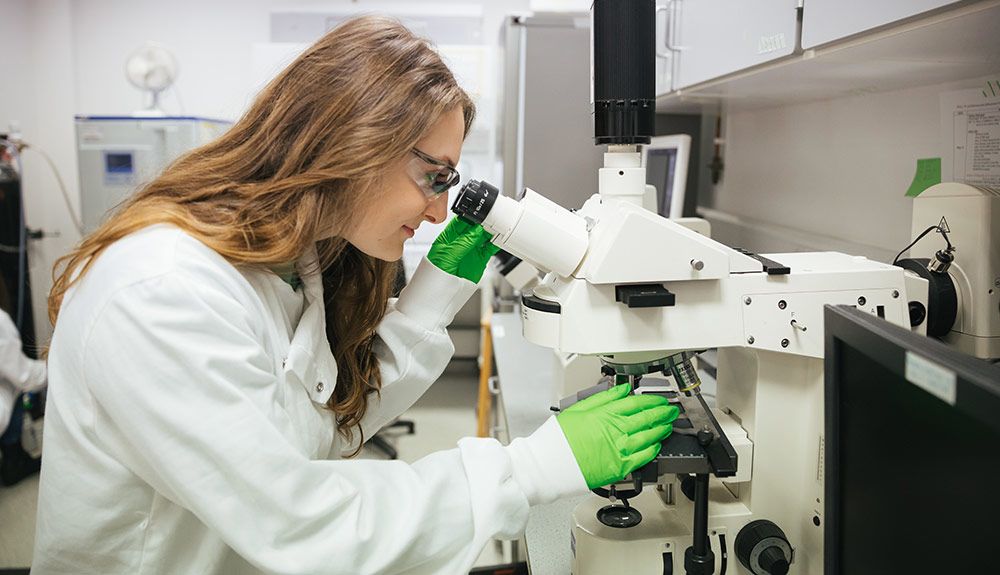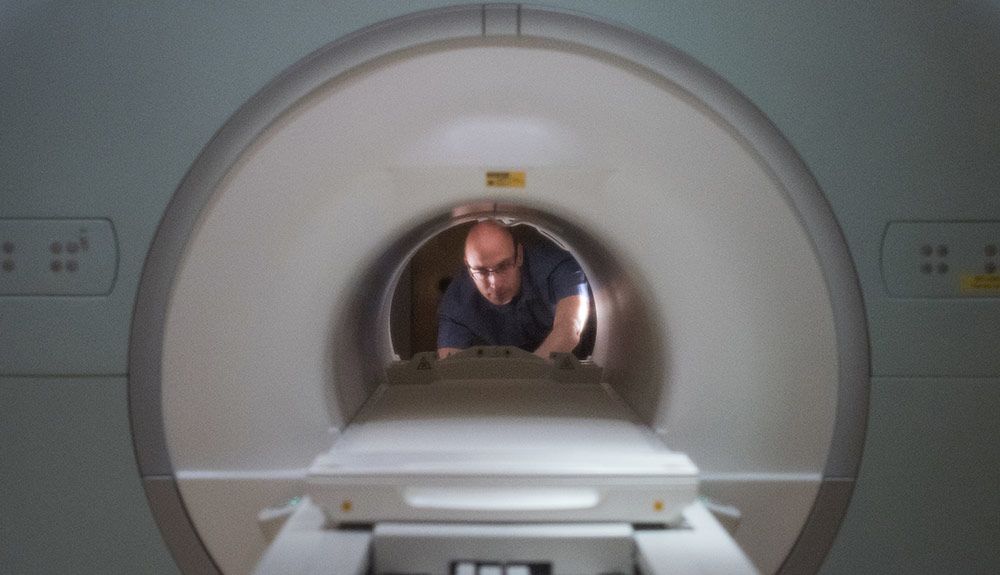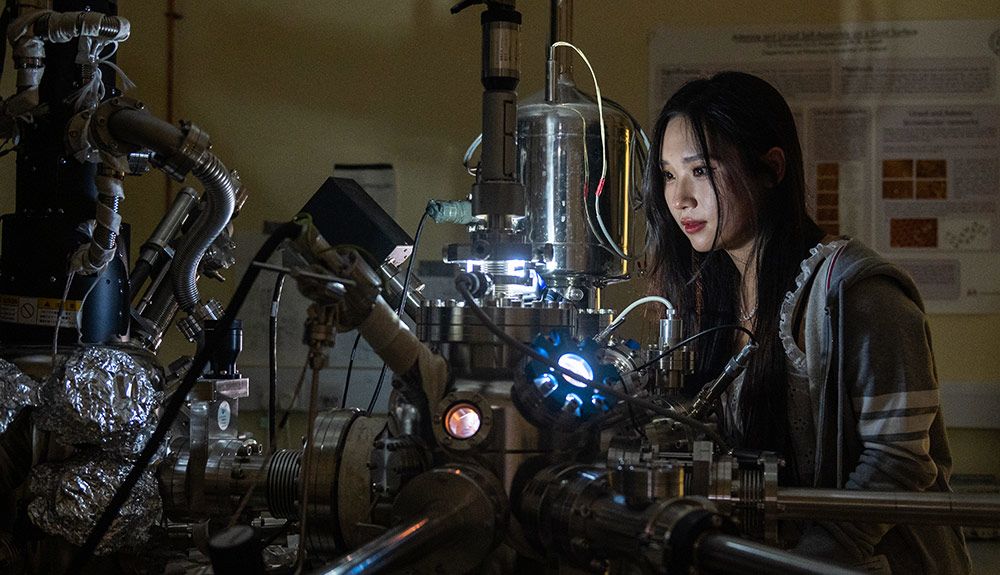Generative AI at Oxford

At the University of Oxford, we are committed to harnessing the transformative potential of generative AI for our students, staff and academics. This cutting-edge technology is unlocking new opportunities across teaching, learning, research and administrative work for the University. Exploring the possibilities of AI is helping us to lead the way in innovation while upholding the rigour, integrity and thoughtfulness that define scholarship at the Oxford.
Recognising the importance of the technology in our future and our students’ future we are partnering with technology providers including Microsoft and OpenAI to ensure access to appropriate tools. We are investing in support and training to allow staff and students to experiment with generative AI in safe and responsible ways. Read on to learn how we’re embracing AI in education, research and everyday work and where to get help and guidance.
Learning with GenAI

How students and scholars use GenAI at Oxford
Through tailored workshops, accessible tools and expert support, the University provides personalised guidance to integrate generative AI tools into education effectively and responsibly. Whether it's using AI to generate unique teaching materials, breaking down language barriers for students or exploring creative applications in future research, Oxford ensures that generative AI enhances—not replaces—the critical thinking and originality that define its academic excellence.
Oxford students must understand AI's capabilities and limitations to be prepared for a fast-changing world. By helping them to use and experience generative AI, we prepare them to navigate and shape this evolving field responsibly. Oxford was one of the leading contributors to the Russell Group Principles on generative AI and has adopted them in AI in teaching and assessment.
Generative AI also facilitates dynamic teaching strategies, such as generating real-time examples, creating multilingual teaching materials or simulating scenarios for experiential learning. These tools enable our tutors and lecturers to craft richer, more engaging lessons.
Piloting AI in education
Twelve new projects are expanding the frontiers of AI at Oxford, experimenting with real uses for GenAI in the classroom. See the pilots supported by the AI & Machine Learning Centre, in partnership with the Centre for Teaching & Learning.
Guidance for Students
We believe that developing skills in the responsible use of AI will be an important part of future life and work for Oxford students. Find out how you can use AI to support your learning at Oxford.
AI in academic practice
As scholars begin to use generative AI to assist with research, we need to ensure that the technology continues to be used responsibly by providing the latest advice, support and resources. Read the latest guidance published at Oxford.
Researching with GenAI

How researchers use GenAI at Oxford
Research has always been central to Oxford’s mission, and generative AI is unlocking extraordinary opportunities to advance our knowledge across many disciplines. By enabling researchers to analyse vast datasets, generate hypotheses and visualise complex results at unprecedented speed and scale, AI is accelerating the pace of discovery. In the arts, humanities and social sciences, generative AI is opening new creative possibilities, synthesising data to produce unique interpretations and modelling intricate systems to explore uncharted academic terrain. Experimenting with GenAI is also fostering greater interdisciplinary collaboration. Building AI-powered research tools can bridge different fields of study, sharing ideas and aiding seamless communication.
We’re enabling all of this work, giving researchers the tools and technology they need to push the boundaries of innovation while staying at the forefront of responsible AI use.
Resources for researchers
GenAI has the potential to enhance your research. Learn how researchers at Oxford can access AI tools, and how you can protect your data and ensure you’re using the right methods.
What research has AI enabled?
Discover how Oxford scientists are using AI to tackle global health issues, compose symphonies, monitor the illegal wildlife trade and look for life on Mars.
Ethics in AI
The University of Oxford’s Institute for Ethics in AI is bringing together world-leading humanities experts with technical developers and users of AI to conduct research on ethical implications in AI, including in governance, society and the environment.
Working with GenAI

How staff use GenAI at Oxford
Efficiency and innovation are essential to maintaining Oxford’s position as a global leader, and generative AI is revolutionising how the University manages and delivers its services. AI enables staff to concentrate on high-impact work, automating routine tasks to leave more time for human planning and judgement. It also improves accessibility by providing advanced tools like real-time transcription, translation and personalised support, increasing inclusivity of the University’s services. We’re also exploring using AI to enrich communication with prospective students, alumni and partners, delivering tailored content and faster response times that strengthen our relationships. By giving staff controlled access to generative AI tools, we’re ensuring that the data of staff and students is protected.
What can GenAI do for you every day?
Over a six-month pilot, over 500 staff at Oxford have been piloting generative AI tools in their departments. Hear from academics, administrators and researchers how AI is streamlining their work and unlocking new possibilities.
New AI and ML Competency Centre launches to support all Oxford staff
This new centre is designed to empower staff, researchers and educators with the knowledge, tools and support they need to embrace the transformative potential of AI and machine learning.
Get started with AI tools at Oxford
Generative AI technology, including ChatGPT and Microsoft Copilot, are now approved and supported for use across the University. Learn how a college or department can purchase licences and start using AI today.
